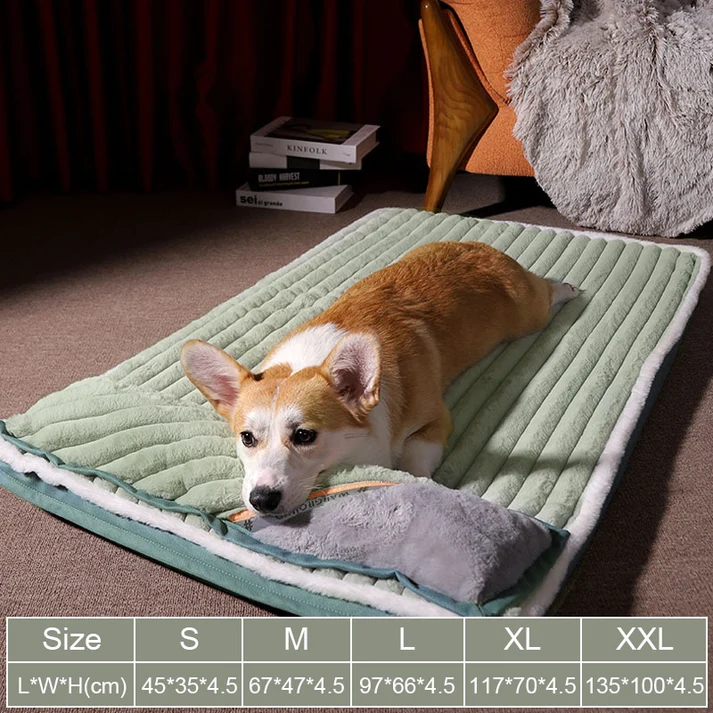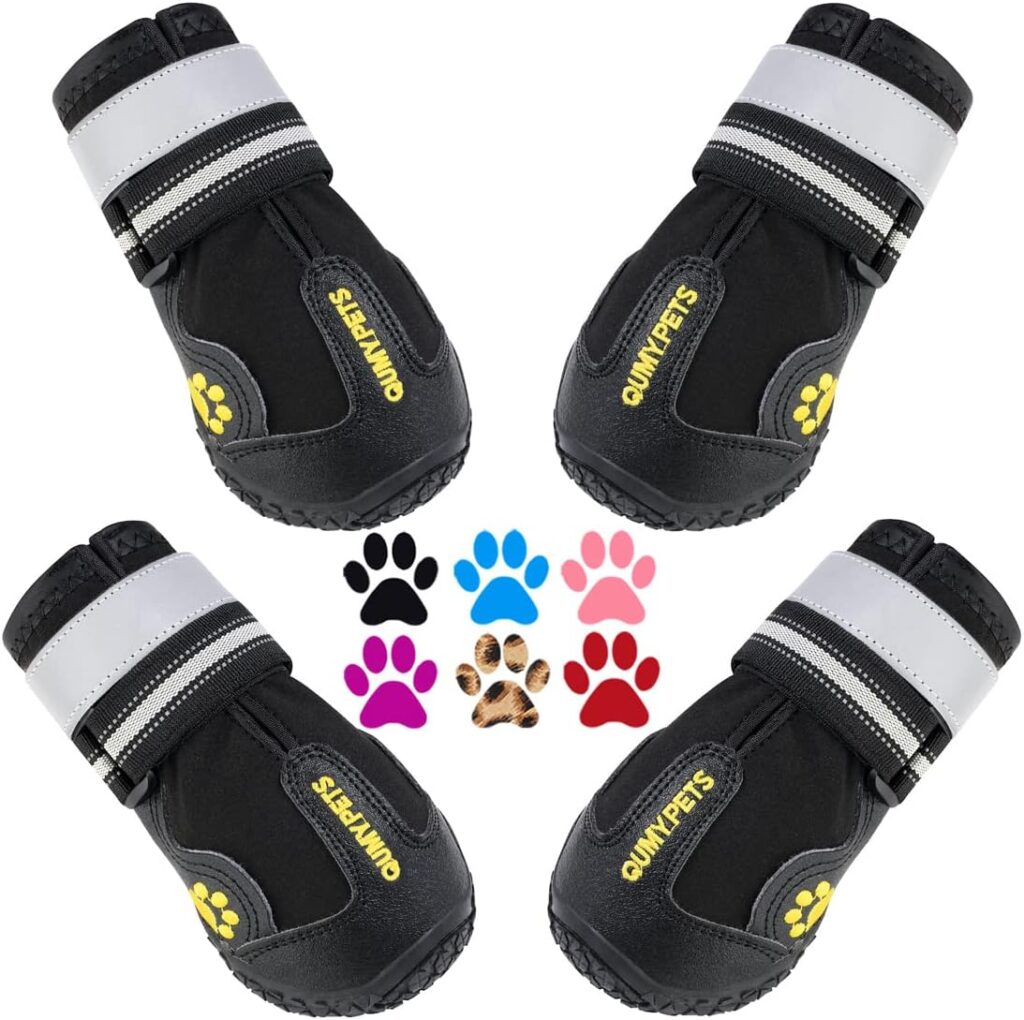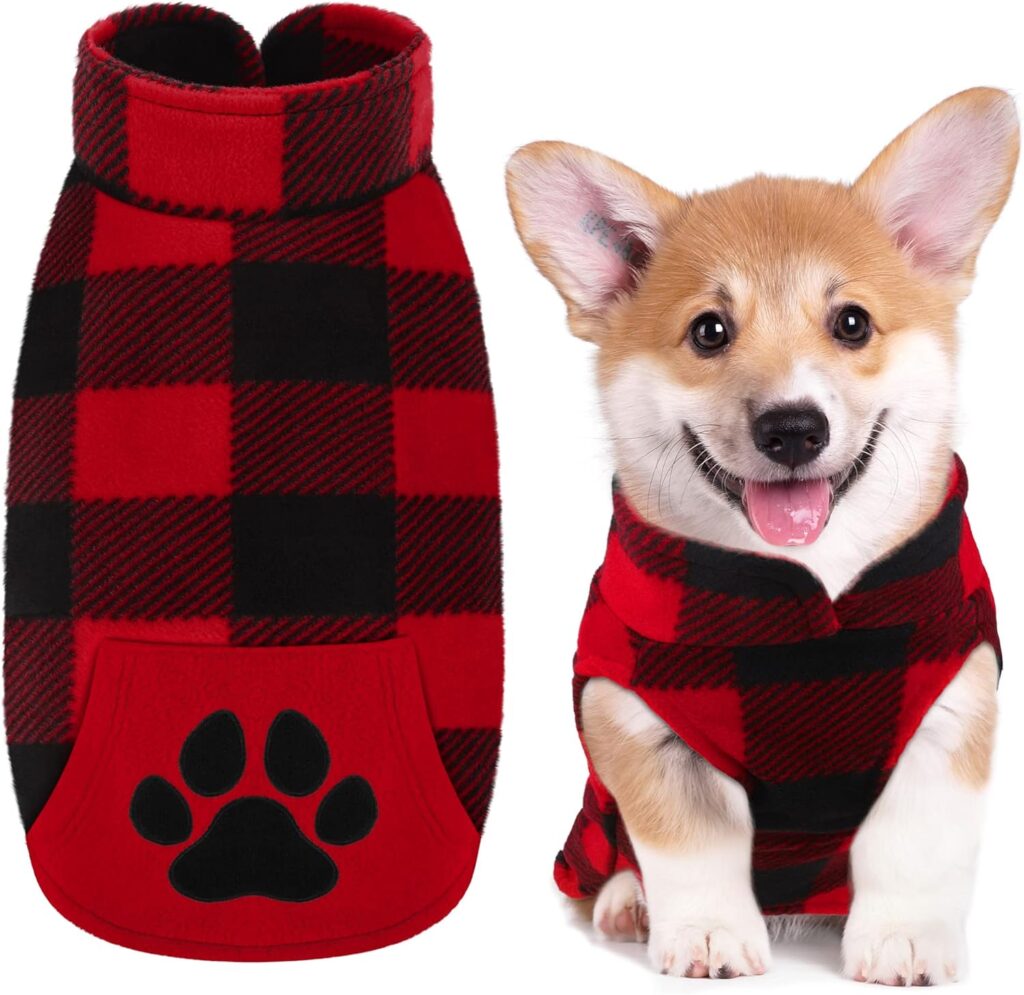Keeping Your Furry Friends Warm: Protecting Your Pets from Cold Weather
As the seasons change and temperatures drop, it becomes imperative for pet owners to take extra precautions to keep their furry friends safe and warm. Cold weather can be challenging for pets, just like humans. However, with proper attention and care, you can ensure that your beloved pets remain comfortable and protected during the winter months. In this article, we will explore various measures and tips to safeguard your pets from cold weather.
Monitor Indoor Shelter: Creating a warm and comfortable indoor environment is crucial. Make sure your pets have access to a well-insulated and draft-free area where they can rest and sleep comfortably. Place a warm blanket or a cozy pet bed in this designated area to provide an additional layer of insulation against the chilly floor.
Limit Outdoor Exposure: Minimizing exposure to extreme cold temperatures is vital. Avoid leaving your pets outside for extended periods, especially during frigid weather. Indoor playtime and exercise, along with shorter outdoor bathroom breaks, can help reduce the risks associated with cold weather.
Protect Paws: The paws of our furry friends are susceptible to damage due to extreme cold, ice, and de-icing chemicals. Taking a few precautions can prevent potential harm:
· Trim the hair around the paw pads to prevent ice and snow accumulation.
· Apply a pet-safe paw balm or petroleum jelly to protect against dryness and cracking.
· Use dog boots or paw wax for added protection during walks.
Dress Appropriately: Certain pets, such as small breeds, older animals, or those with short coats, may require additional layers of protection. Outfitting them with appropriate pet clothing, like sweaters or jackets, can offer extra warmth during outdoor outings.
Proper Nutrition: Cold weather may increase your pet’s energy requirements to stay warm. Please consult with your veterinarian to ensure their diet supports their energy needs during winter. Proper nutrition helps maintain a healthy coat and immune system, which can aid in fighting off seasonal ailments.
Hydration is Key: Pets still need access to fresh water, even during colder months. Make sure their water bowls are regularly checked and refreshed to prevent freezing. Consider purchasing a heated water bowl to maintain a steady water supply during freezing temperatures.
Create a Warm Bedding Area: It’s essential to provide pets with comfortable bedding and blankets, especially during colder nights. Enhance their sleeping area with extra blankets or a heated pet bed to keep them warm and cozy. However, ensure that any electrical pet accessories are safe and can’t be chewed or damaged by your furry friend.
Maintain a Consistent Exercise Routine: Although it is advisable to limit outdoor exposure during extreme cold, appropriate exercise is still crucial for your pet’s well-being. Keep exercising your pets indoors through engaging games, interactive toys, or indoor agility courses. Regular exercise helps maintain their physical health and mental stimulation, even when the outdoor temperatures aren’t favorable.
Increase Grooming: Good grooming practices are essential during colder months to keep your pets’ coats in optimal condition. Regular brushing helps remove dead hair, prevents matting, and stimulates blood flow to the skin. A well-groomed coat provides better insulation against harsh weather conditions.
Protect From Antifreeze and Chemicals: Antifreeze, often used in the winter to protect car engines, can be hazardous to pets. Even a small amount can be lethal if ingested. Ensure any spills are immediately cleaned, and store antifreeze products securely out of your pet’s reach. Similarly, be cautious of other toxic chemicals used during the winter season and prevent your pets from contacting or ingesting them.
Vaccination and Health Check: Maintain your pet’s regular veterinary visits, especially during winter. Ensure that vaccinations, including protection against contagious diseases, are up-to-date. Regular check-ups can help detect and address any underlying health concerns that may worsen in cold weather.
Stay Alert: Pay attention to your pet’s behavior and look for signs of distress in colder temperatures. Watch out for symptoms like shivering, whining, weakness, lethargy, or difficulty breathing. If you notice any unusual behavior, it’s crucial to consult your veterinarian promptly.
As responsible pet owners, it is our duty to protect our furry family members from the harsh effects of cold weather. By implementing the measures outlined in this article, you can ensure your pets remain safe, healthy, and comfortable throughout the winter season. Remember to exercise caution, keep a close eye on their well-being, and provide them with the necessary care and warmth during this chilly time of year.



